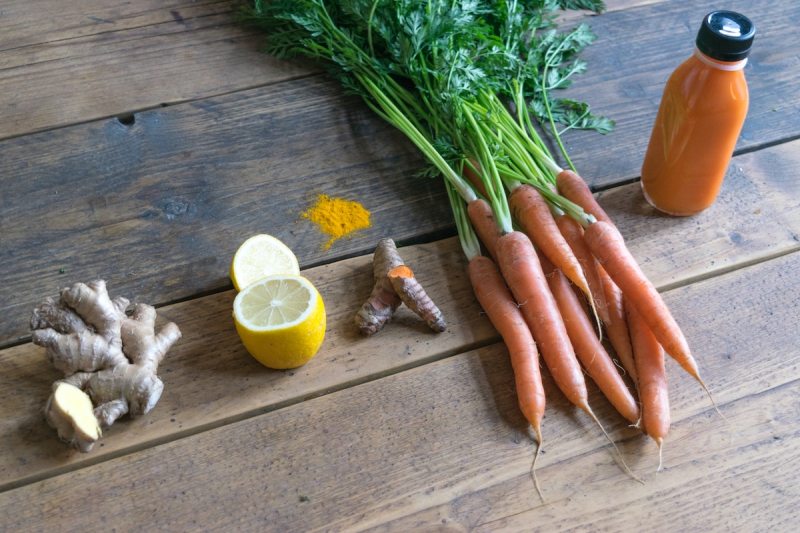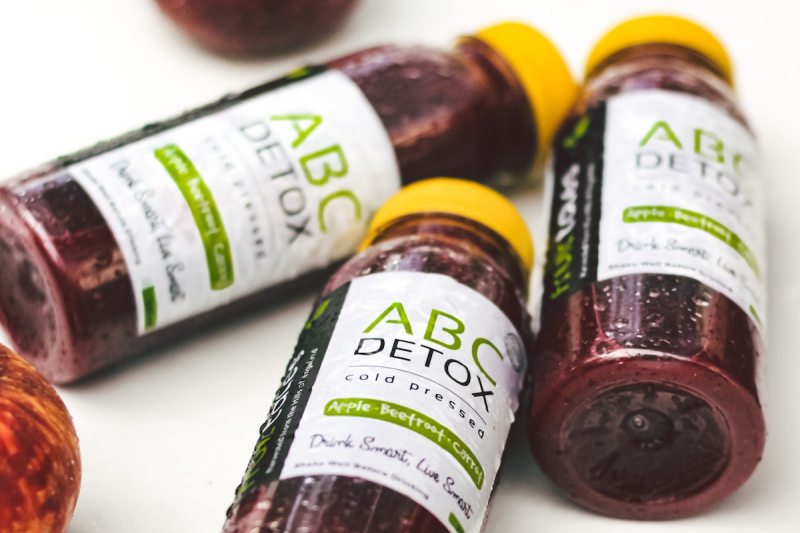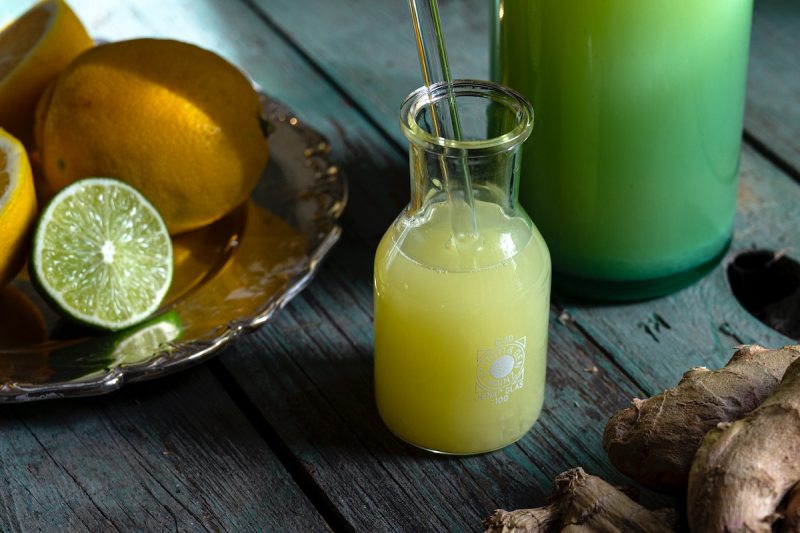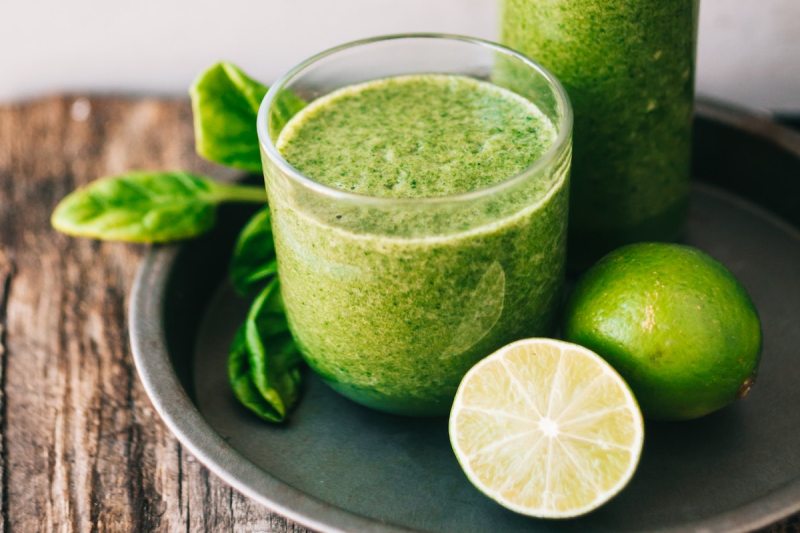With so many health diets and hacks out there, it can be difficult to know what actually works and what is best for you. Cleanses and detox diets are often considered great for those trying to lose weight, rid their bodies of toxins, and provide the body with a fresh start. They come in various forms but typically consist of drinking various juices and cutting out most food groups for days at a time.
But does this actually work, and just how trustworthy are these benefit claims? Are cleanses and detox diets actually safe? Keep reading to see whether they are worth giving a try and the potential perks and downsides.
What is a cleanse or detox?

A cleanse is typically some kind of diet or regimen that aims to improve digestion and clean your system out, whereas a detox is said to systematically remove toxins that have built up in your blood, liver, or kidneys so that you feel more revitalized and healthy.
Cleanses and detox diets usually involve a period of fasting followed by some kind of juice or liquid diet protocol with a strong emphasis on the complete avoidance of certain food groups like gluten, dairy, soy, alcohol, sweeteners, and perhaps even solid food. There may also be specific herbs, teas, supplements, and or enemas involved in the cleanse or detox as well.
Do cleanses and detox diets work?

The most important takeaway is that several of the claims made by detox diets — mainly that they can stimulate your liver and kidneys to eliminate excess toxins — are not true. Providing your body with healthy nutrients and steering clear of inflammatory foods like sugar, alcohol, and processed ingredients will reduce inflammation, support digestion, and aid circulation, but the liver and kidneys already detoxify nearly all harmful compounds in circulation and remove them via urine, feces, sweat, and even expired air.
Heavy metals like lead, mercury, arsenic, and cadmium can build up in different tissues of the body over time; however, there is no evidence to suggest that detox diets can effectively get rid of these compounds. Therefore, the actual “detoxing” or “toxin-eliminating” claims of detox diets are not true. That said, there can be some health benefits to cleanses and detox diets.
Benefits of cleanses and detox diets

While cleanses and detox diets do not increase the elimination of toxins in your body or spur your liver and kidneys to go into turbo mode, there can be physical and behavioral benefits to short-term cleanses and detoxes. For example, while a cleanse or detox diet won’t remove heavy metals that are already in your body from storage, you likely won’t be ingesting other inflammatory compounds during the cleanse.
Foods containing trans fats and hydrogenated oils, artificial sweeteners and sugar, salt, food dyes, chemicals, and even gluten, dairy, corn, soy, and certain other ingredients can be inflammatory. If you’re following a cleanse that focuses on fresh produce like organic fruits and vegetables in their raw, cooked, or juiced forms, you’ll be giving your digestive system a break from breaking down fats, protein, and these other potentially inflammatory compounds from processed foods.
Because cleanses are so restrictive, most people do experience modest weight loss. However, results can be short-term if a healthy, calorie-controlled diet is not maintained after the end of the cleanse. That said, severe caloric restriction is not safe and not supportive of metabolic health, particularly if maintained beyond a couple of days. Consider intermittent fasting as an alternative way to get some of the weight loss benefits of a cleanse in a more metabolically effective and safe manner. Long-term starvation diets, in turn, have the potential to slow your metabolic rate, disrupt hormonal balance, and encourage fat storage rather than fat loss.
Lastly, some people enjoy behavioral and emotional benefits from following a short-term cleanse or detox program. Just as a “digital detox” can be a much-needed break from technology and an eye-opener as to your reliance on phones, TV, and other devices, a diet detox or cleanse can help reset your palate, cravings, and unhealthy eating patterns. A cleanse may reduce sugar cravings and restore mindfulness around eating, helping you stick to a healthier, more balanced diet upon completion.
Dangers and drawbacks to cleanses and detox diets

Again, the primary thing to keep in mind when embarking on a cleanse or detox diet is that you aren’t actually going to be eliminating any toxins from your body. Even if this isn’t your only goal, there are still a few additional precautions to consider. Nearly all cleanses involve severe caloric restriction, which can cause low energy, headaches, blood sugar irregularities, arrhythmias, and bad breath.
This may not be advisable for those with certain health conditions (particularly diabetes, eating disorders, and pregnancy/lactation), so you should consult your doctor if you take medications or have illnesses or medical disorders. Colon cleanses that use laxatives and diuretics often cause severe diarrhea and excessive urination and can lead to dehydration, nausea, and vomiting.
If you use commercial diet pills and herbal supplements as part of your cleanse, it’s important to keep in mind that many of these products are not regulated by the FDA. As such, they may be dangerous in high doses, and the labels may be inaccurate. It is highly advisable to avoid any products that are not regulated, and that may contain harmful substances or doses; just because something is “herbal” does not mean it is safe; for example, ephedra can cause convulsions and heart irregularities.
What should not be eaten on a cleanse

These are some of the food groups that most cleanses eliminate:
- Meat
- Eggs
- Poultry
- Nuts
- Dairy
- Gluten
- Grains
- Legumes
- Soy
Some even eliminate solid foods and only encourage juicing and drinking bone broth. That said, most allow free consumption of healthy vegetables and fresh fruits, which provide all sorts of vitamins, minerals, and phytonutrients.
There are some healthy juices packed with antioxidants to reduce free radical damage and support health. For example, you might try cold-pressed juices from Factor, which retain all of the nutrients and have no added sugars. Green tea is also usually encouraged, as there is evidence that it increases metabolic rate, aids metabolism, and reduces oxidative damage in the body.
Final takeaway

Cleanses and detox diets can be a potentially effective way to transition to a nutritious diet free from processed foods and excessive sugar, salt, and fat. That said, a detox diet does not eliminate toxins from the body, and there are dangers associated with long-term or severe caloric restriction, diet pills, supplements, laxatives, and diuretics.
Frequently asked questions

Do all fasting methods fall under a cleanse or detox?
No, many people consistently use methods like intermittent fasting or periodic fasting, and when done in a safe manner, these can have positive benefits and minimal to no side effects that cleanses and detoxes have. These fasting methods are also long-term, whereas a cleanse or detox is usually short-term for people seeking fast results.
When should you do a colon cleanse?
Colon cleanses are very rarely needed because the colon naturally cleans itself and removes toxins and waste from the body. Getting a colon cleanse when it isn’t needed won’t “refresh” the body — it will get rid of beneficial bacteria and put your health at risk. The average person only needs a colon cleanse if they are about to get a colonoscopy to screen for potential colon cancer.




